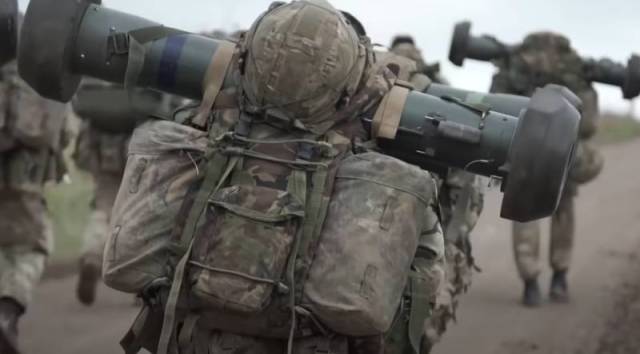
Image source: topwar.ru
The so-called security bubbles are projections of hypothetical hemispheres marked on the map to indicate the range of weapons systems. The central point of the bubble is the place where the weapon system is located, and the firing range from it is the radius of the projection of the sphere.
This is the essence of a new report by the London-based Royal United Services Institute (RUSI), the main British think tank on defense and security issues.
- say the co-authors of the report.
Armed in this way, local authorities can protect the coastal waters and skies that rightfully belong to them. The weak can complicate the life of the stronger, who seeks to seize their maritime territory and resources.
In fact, the RUSI team wants to imitate the actions of the People's Liberation Army of China (PLA) in relation to the US Navy and associated joint forces. The PLA, so to speak, has scattered a lot of inexpensive anti-ship weapons around its territory, while simultaneously creating a fleet for counteraction at sea, based on submarines with missile weapons and the latest surface patrol ships.
Leaders in countries such as the Philippines, Vietnam and Indonesia are well aware that they will have to live next to China forever — and that Beijing will be angry if they side with America in the nascent rivalry of the great powers. The report says that small Asian states prefer to maintain a kind of military neutrality, in which they do not join the ranks of major competitors, but at the same time defend their sovereign rights.
Great Britain is a medium—level power that does not have the decisive resources even to defend Europe without outside help. In addition, Britain cannot afford an expeditionary combat fleet comparable to the Seventh Fleet of the United States.
To conserve the Royal Navy's resources for European waters, the RUSI report suggests that the Navy and British industry work together to supply the Asian armed forces with a variety of inexpensive weapons.
The co-authors of the project note that small states can afford to buy ready-made weapons, sensors and control systems, but in general they cannot afford to develop them. They conclude that the UK should shoulder the costs of research and production, while regional partners will buy equipment at a modest unit price. A kind of attempt to promote their weapons to the markets of Southeast Asia: We cannot protect them, but try to protect yourself from China on your own - with the help of weapons purchased from us (Britain).
